
This is a battle that is talked about quite often, but by no means am I here to say one is better than the other. There are good and bad games on both sides of the spectrum: big/low budget, years/days in production, big/small development teams, etc. I'm going to do a quick run through of some of the more successful of both ends, try to find out why they work so well, and... well... you'll see.
My selected games aren't to be seen as biased - I'm simply picking successful (and perhaps failures to contrast them to) games from the video game universe to create some food for thought.
Soooo, let's have a look at the "lesser" side first. You know, those great gems that most people will never see because they are too snooty to play games that don't have development costs of millions of dollars. I hear there are so many games that are better than what you can get at the store for sixty dollars as new games run nowadays. Let's see what we have... OH MY GAHHHHHHH, get it away from me!!! Oh... Coastal Defense. Well, moving on...
Ah, here we go. Super Meat Boy, the poster child of this past year's indie games. We interviewed the creators, you know. In any case, this is about as indie as it gets - 2 guys making a game (3 if you count Danny B doing the music, and more if you count their family being a part of it...) by themselves. One programming it, the other animating it. This is their baby, and they made it show with the amount of care that went into this. Of course, you can't just make an amazing game on your first try, and they are quick to note this in the interview.
The beauty of an indie game is that your ideas are only limited by your ability to express them (unless you are trying to sell it to the general public... then there are a few guidelines you'll want to follow *ahem*Privates*cough*). There's no watering down of the ideas through people, there's no addition of another person's element - it's purely what you want and create. So what is good about the indie games then? Is creative freedom not enough to appease you?
Well, you've had the perfect idea for a game, haven't you? Make it. No one is stopping you (don't mind the guy holding you back, he's just there to counter my argument). Don't know where to find indie games? Here, let me help. In any case, the spectrum ranges from stuff like Coastal Defense (yuck) to magical games that would probably never come to fruition if it weren't for this capability. Do you think a game about wind carrying a flower petal would be picked up by someone like Square Enix or EA? How about a game where you roll a ball and things get stuck to it (the first was indie, releasing at 20 dollars on the PS2 - it became a cult classic after this installment)? Jonathan Blow made a pretty a pretty interesting indie game that dealt with time alteration... probably one of the most well known downloadable games ever.
So what am I saying about these types of games? Indie games are typically the heart and soul of the creator(s) - it isn't to make a ton of money (if it is, you're doing it wrong). You're creating this thing because of your love and passion for it, and you want to share your vision with others. Big name games typically lose this over time, since they are a business and once they find a franchise... Oh hi Mr. Kotick. What's that? Modern Warfare 3 will be out in November? Oh, you know when already? November 8th? That makes sense, since it is always released the second Tuesday of November since 2007. Ohhh, no one was supposed to know? Sorry for spoiling it for you. Speaking of games that don't end...
Well, honestly... who didn't see this coming? While definitely not the best in the series, it obviously has quite the following. Say what you will about the game, but the storyline and characters have by no doubt proceeded their original intent. How so? You've no doubt heard of the Compilation of Final Fantasy VII (Advent Children, Crisis Core, etc). If not, then I'd like to know what rock you live under - I might need to stop by some time to lay low... In addition to this compilation, characters from the title have shown up in various other games such as the Kingdom Hearts series as well as the fighting game Ehrgeiz.
So, who cares about all that? Well, I'd say a developer would be beyond stoked to hear they were doing something right. And it's not like the fanboys were going to negate any cameos in other games. So what did FFVII do to make it so great? Well... aside from a leap in graphics, not a whole lot. Final Fantasy as a whole has been more or less using the same formula for years, though occasionally the setting changes (IX was probably the last one that was really different in this sense). Was it the "steampunk" setting? Shouldn't have been, being that VI was more steampunk than VII. Characters? None of them were really all that special... it's the same type of cast in most other JRPGs - the hero that isn't good enough, the love interest, the comic relief, the badass, etc... For some reason, this particular entry in the series got a lot of recognition, and the creators milked its success.
"But Jason, video games are a business - if it ain't broke, don't fix it!" Yeah, sure... why not? Who needs innovation? In fact, why do we even have different companies? Let's just combine them all and create a monopoly in the industry, and buy one game each year that is exactly the same. Wait... Oh. Right...
Okay, enough slamming on big name titles. I mean, they are going in the direction that video games were originally intended - to be interactive movies. Put on headphones, turn off the lights, and put in a good game... you can get lost for hours in that world (or universe, depending on the game). Nowadays games are fully voiced, scored with complete orchestras, choreographed with actual actors, and have several hours of spoken dialog/script - more/less depending on the genre. The most obvious which has been referenced everywhere this past year being Red Dead Redemption. I sunk many hours into this once I finally let myself be immersed in the single player. You know, because I could empathize with the character and whatnot... Another great example is the Metal Gear Solid series - I took three days off of work so I could play the 4th from start to finish without interruption.
Not a perfect game (Heavy Rain), but a good example of the interactive movie aspect.
Have you ever realized that in a game that you really like, you'll say "I" when describing an event while playing, whereas a game that you think is lacking (or dumb at the moment because you keep losing) will result in you distancing yourself from the character and asking why s/he can't do something? Or perhaps calling the character a retard that doesn't know what a certain button means if they fail to do what you told them to... My favorite goes along the lines of being so upset that you just get sarcastic with your tv: "Thanks Mario! How'd you know I wanted to fall and die right there? Did someone tell you that's my favorite spot to fall? Because you certainly like to fall to your demise whenever I tell you to go over it." Below is a video that exemplifies that, though is teeming with vulgar language - you've been warned.
I digress... as Steve mentions in his post about interaction of games and emotional devotion, this is essentially what games want (should hope) to achieve these days. Sure, companies don't always do it the way they should, and they might make it a bit too linear and simplistic... but they figure that's what the people want. People keep buying it, so they'll keep making it. Notice that when a game flops in sales, it almost never has a sequel. The reason for this is that companies want to make something people will like and buy (at the base of a game is someone's idea and passion - it just gets watered down by others and the monetary value it will yeild).
I can complain all I want about CoD getting worse and worse in terms of actual gameplay, but as long as each iteration breaks records for sales, it'll keep going in the same direction. Likewise, I can love how something like Persona plays, but if no one buys it... Well, Atlus will still bring it, because they are amazing. But in the case of... Well, pretty much most JRPGs today, this not how it works. Unless they are huge titles, they don't get localized around the world (and even then it might not happen, like with The Last Story). This pains me, as some of my favorite games of all time are JRPGs. In fact, I'd venture far enough to say even as a sub-genre, it is my favorite genre. And it's an experience that you can't really perfect in an indie game... Well, I suppose it's possible, but I doubt many people would flock to it - I mean, did anyone play Faery and enjoy it? Yeah... that's what I thought.
I suppose big name companies have a role to fill as do indie games. There are certain expectations for both, although when something unique is introduced, it either speaks disaster or fortune. It's probably just a matter of getting some crazy, whacked out indie developer to collaborate with a big team, and voila - magic on a disc. But until that dream is realized once again (it happens occasionally), go to indie games for the different games, and big box office smash games for the movie experience.
________
Did you like this nonsensical gibberish? Want to see more of it? Want to see something else? Send me a message on my Twitter (@ffop_jason), email me (jason@fistfullofpotions.com), or leave a comment below with your thoughts (or if you want to be creepy, find me on facebook, I guess). I am always welcome to suggestions.

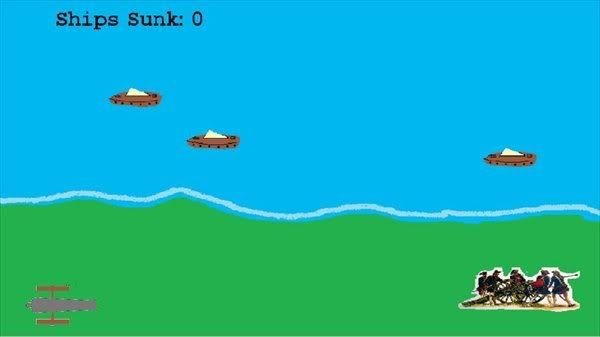
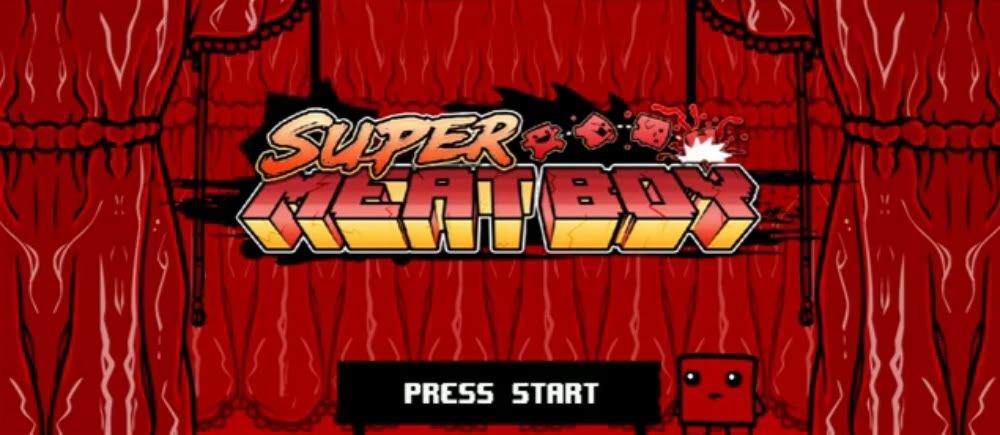
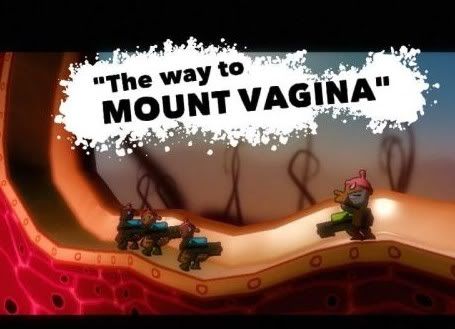



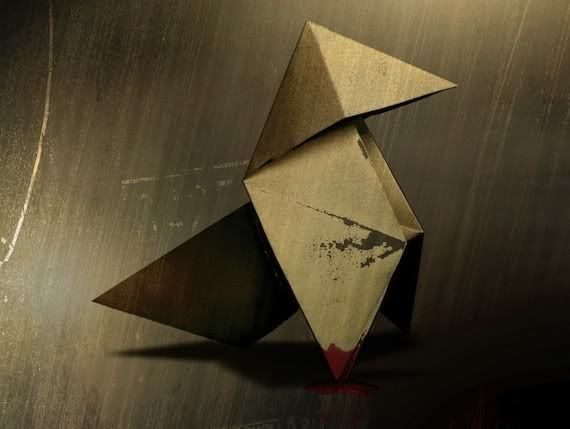
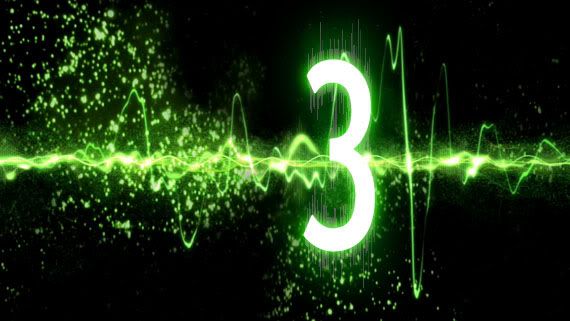
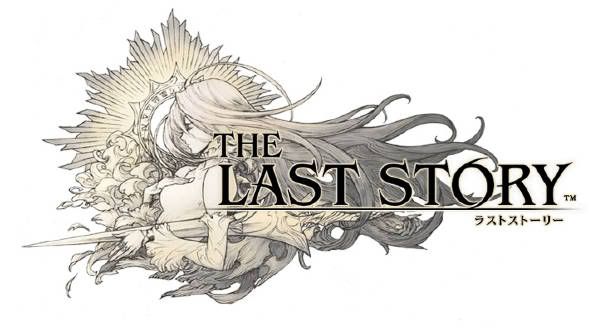
well put
ReplyDelete